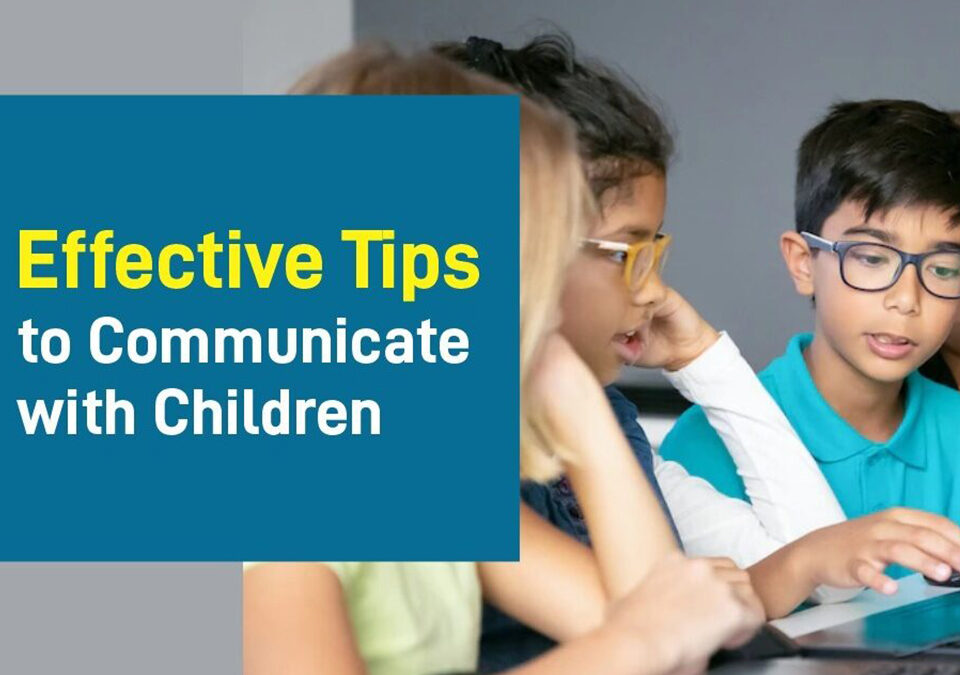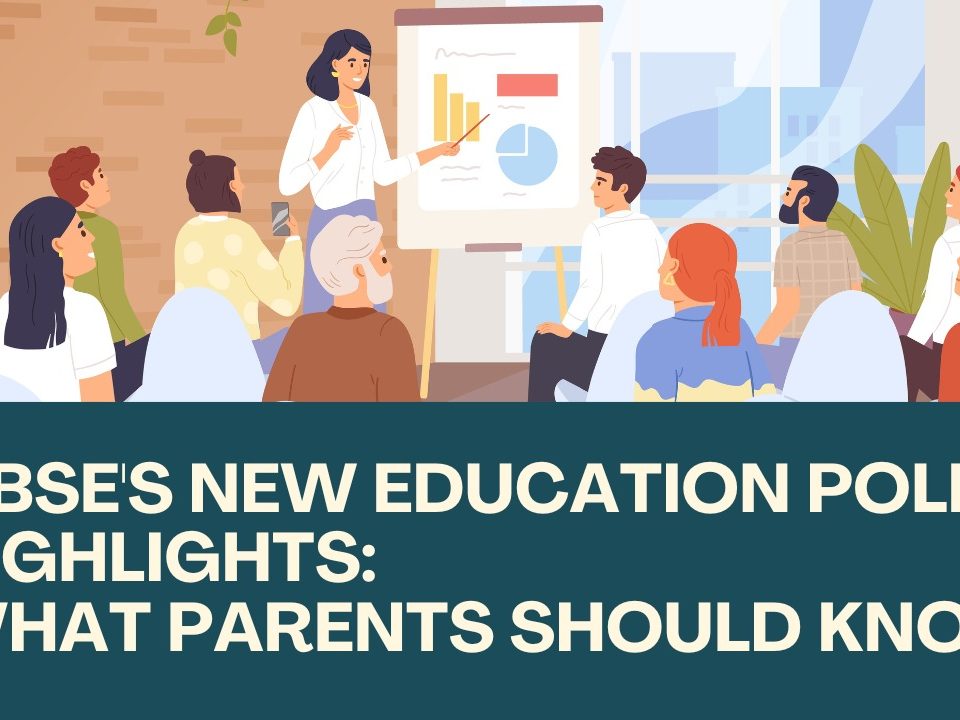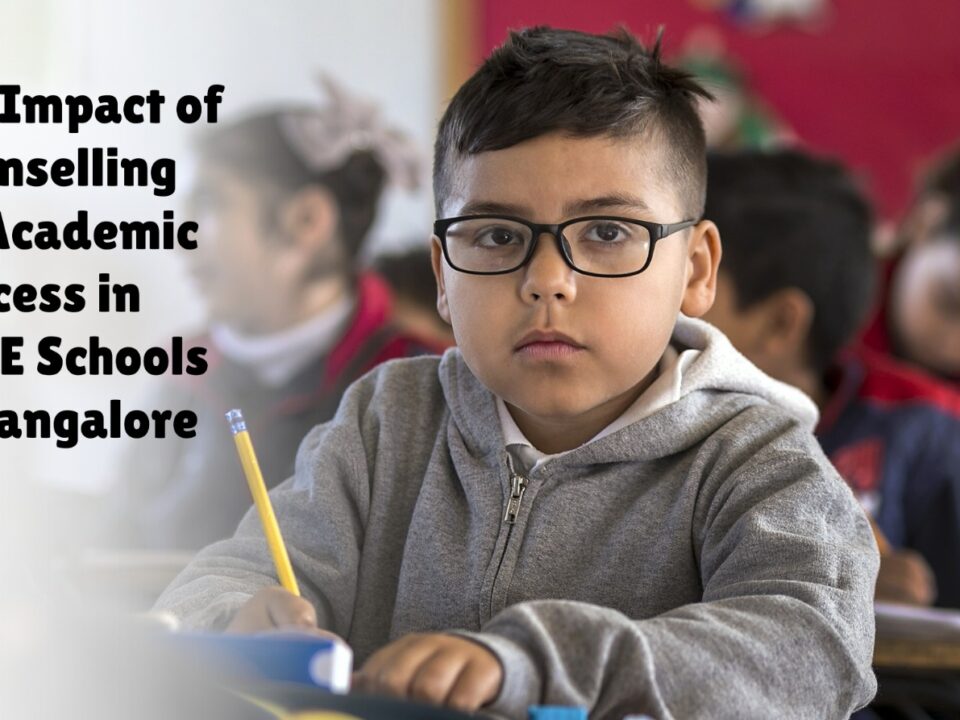Effective Tips to Communicate with Children

Top Skills That Should Be Included In School
November 8, 2022
Stress Management Tips for Kids and Teens!
January 5, 2023Communicating with children requires a lot of patience and care. Best CBSE school shares effective tips to communicate with children. We have to be alert of how we are talking with them and in front of them. Children learn from us adults how to be better at communication so it’s safe to say that we have to be very cautious with our communication skills.
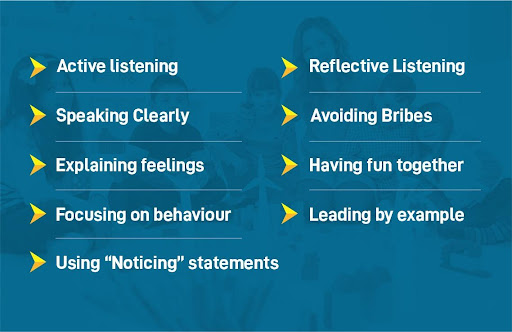
Effective Tips to Communicate with Children
1. Active listening:
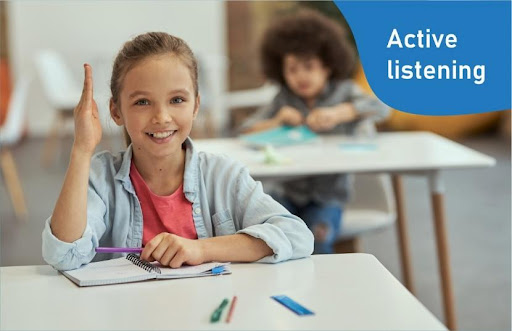
Listening actively helps kids to feel noticed and understood. By comforting gestures like encouraging smiles and affirming nods. You’ll show that you are engaged with what your kid is saying and that you really care. Maintaining eye level with your kid as they speak will make them feel safer and more connected to you. Make them feel that you are genuinely listening intently to what they are saying by asking them questions like “what?” “why?” and “how?”. This helps your kid to enhance their own communication skills. By teaching them a way to tell a story and what details to incorporate.
2. Reflective listening:
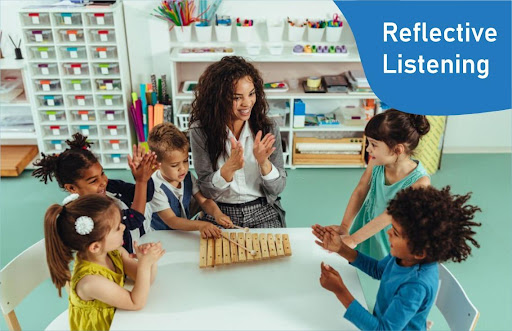
An excellent way to show your kid that you are being attentive and caring regarding what they need is by acting as sort of a mirror. Repeat back what they are saying to you using different words. For instance, if your kid says, “I’m not playing with Ryan any longer,” you may respond with, “You don’t seem to be playing with your friend?”. This helps your kid to show their emotions while not being judged. You may be stunned at what all they have to say!
3. Speaking clearly:
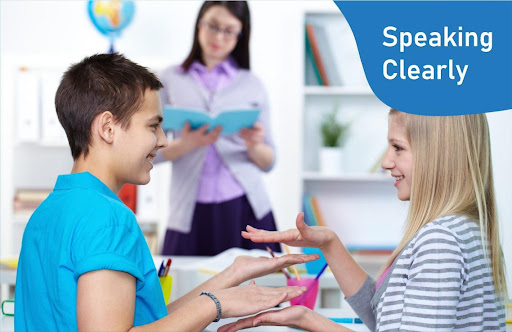
Use language that’s graspable for your kid and applicable to their age. Be clear, and specific and don’t use discouraging words. Using kind language helps set a positive example for your kids. Remember, oral communication ought to create your toddler feel respected and treasured.
4. Avoiding bribes:

Giving rewards like candy for basic behaviors might help in controlling your child’s behavior, however, they do not help in developing clear boundaries and might result in distrust between you and your kid. Attempt to set clear and realistic expectations regarding what you’d like your kid to try and do, praise smart behavior after you see it and use calm consequences to encourage better behavior once required.
5. Explaining feelings:
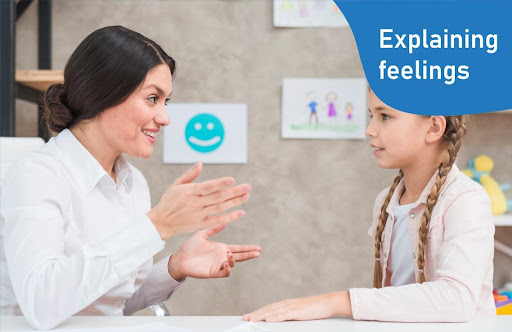
To help your kid to develop emotional intelligence, it’s important for them to find out a way to name their feelings. Once your kid is expressing their feelings verbally, hear what they need to say patiently and do not judge. Contemplate what life sounds like through their eyes. If your toddler is expressing their feelings in a nonverbal manner – for instance through temper tantrums or giggling and having fun doing an activity they get pleasure from – help them name these emotions to however they feel, like happy, sad, relaxed, hurt, scared, hungry, proud, sleepy, angry, helpless, irritated, embarrassed or joyful.
6. Using ‘noticing’ statements:

After you praise your kid for specific actions, it helps them to feel smart regarding themselves and lets them understand what behaviours you prefer. Rather than saying “good job!” strive to be specific with a ‘noticing statement’: “I noticed that you just placed all your toys away in a neat manner after playtime. Nice work!”
7. Having fun together:
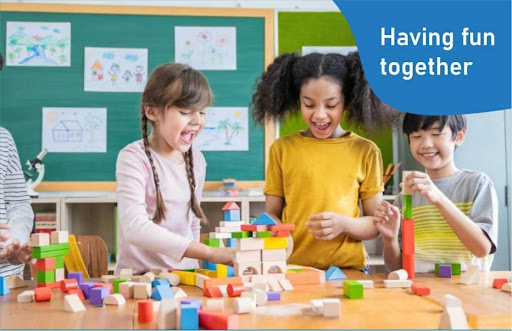
As your kids grow, parenting will look like a very serious task. That’s why it’s all the more important to have fun and enjoy light conversations. It’s an excellent way to strengthen your relationship! realize ways in which you can relate to your kid by saying one thing positive regarding a thing they care about, being attentive to their interests and joke along. Remember, laugh together with your kid however never at your kid.
8.Focusing on behavior:
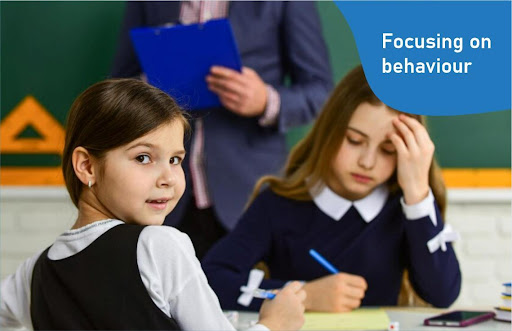
If you’re upset with your kid regarding anything, make sure that your criticism and comments are directed at their behaviour and not at them as a person. For instance, rather than “I don’t like that you are so dirty” try saying “I don’t like that you made the room dirty by leaving your clothes everywhere on the ground.”
9. Leading by example:

Contemplate what example you’re setting. You as parents are an introduction to the world for your children. What you do or say is what your child learns and repeats. So be very careful in your actions and words.
Follow us on

